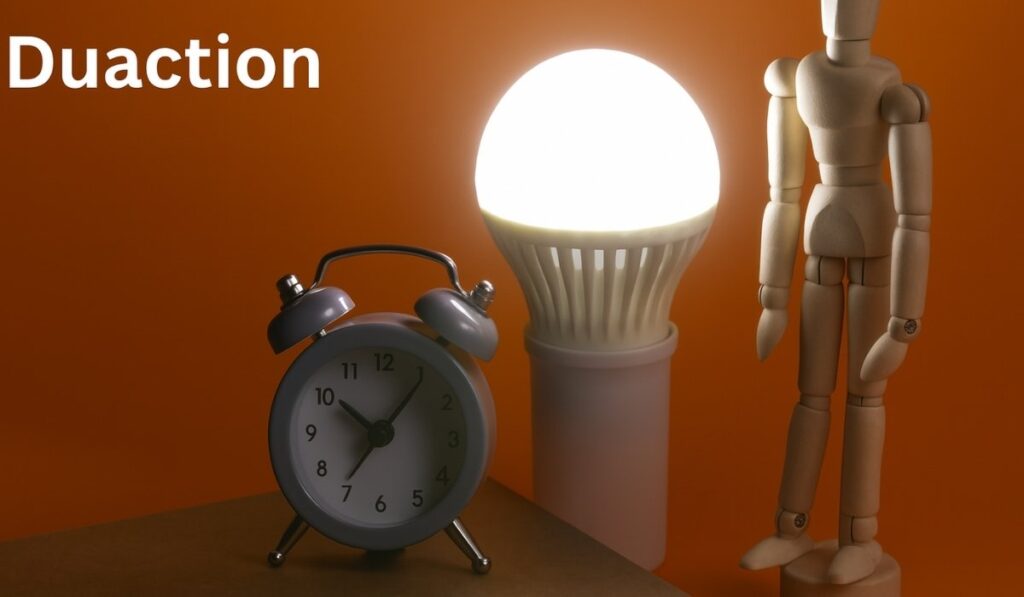In today’s complex society, where government agencies, corporations, and institutions wield immense influence over our lives, the need for transparency, fairness, and accountability has never been more vital. This is where the role of Ombudsmänner becomes both intriguing and essential. Often working behind the scenes, Ombudsmänner serve as independent officials who investigate complaints from the public against unfair practices, administrative abuse, or misconduct. They are the quiet guardians of citizen rights, operating with neutrality to ensure that justice prevails—not through the courts, but through integrity, oversight, and mediation. Despite their crucial role, many people are still unaware of who these figures are and why their work is indispensable to democracy and civil society.
The Origin and Meaning of “Ombudsmänner”
The word “Ombudsmänner” originates from the Swedish term ombudsman, which roughly translates to “representative” or “agent.” In its native context, it referred to a person appointed by the government to advocate for the public by investigating complaints against administrative decisions. Over time, this concept spread across the globe, with various countries adapting the idea to their own legal and political frameworks. While the singular form is “Ombudsmann” in German-speaking regions, “Ombudsmänner” refers to the plural, highlighting the increasing number of such officials active across different sectors. They now serve not only in public administration but also in sectors like education, healthcare, media, and the corporate world.
What Do Ombudsmänner Actually Do?
Many people mistakenly believe that Ombudsmänner are lawyers or judges, but this isn’t necessarily true. Although they often possess a legal background, their role is far more distinct and specialized. investigate complaints that arise from individuals or organizations who believe they have been treated unfairly by a government department, agency, or even a private company. These officials don’t have judicial power, but they do wield significant moral and administrative influence. Once a complaint is submitted, the Ombudsmann reviews it impartially, gathers evidence, interviews the involved parties, and ultimately issues findings and recommendations. Their objective isn’t to punish but to resolve disputes, correct administrative wrongs, and improve systems for the future.
Ombudsmänner in Government: Holding Power Accountable
Governmental Ombudsmänner serve as a check on bureaucracy. In democratic systems, they are appointed by parliament or another neutral body, ensuring their independence from the very institutions they oversee. Their reports often expose inefficiencies, discrimination, corruption, and procedural failures. For example, a citizen denied welfare benefits due to a technical error may appeal to an Ombudsmann for review. Once the issue is investigated and found valid, the agency may be instructed to reverse its decision. Although their rulings are not legally binding in many cases, their influence comes from transparency and the public trust they command. Their work not only resolves individual complaints but also inspires systemic reforms within institutions.
Corporate and Institutional Ombudsmänner: A Growing Trend
The concept of the Ombudsmann is no longer confined to government agencies. Many corporations, universities, and non-profit organizations now employ their own Ombudsmänner to mediate conflicts and address internal grievances. For example, an employee facing workplace harassment or discrimination might approach the corporate Ombudsmann for a confidential, non-adversarial resolution. These officials help maintain ethical standards, foster transparency, and reduce litigation risks for the organization. In academic settings, may assist students with grade disputes, disciplinary actions, or procedural grievances. As corporate governance increasingly emphasizes accountability and ethical behavior, the role of has become both relevant and respected.
Qualifications and Skills of Effective Ombudsmänner
While there’s no single path to becoming an Ombudsmann, certain qualifications and skills are essential. A strong background in law, public administration, or social sciences is common, but soft skills matter just as much. Effective Ombudsmänner must be excellent communicators, empathetic listeners, and skilled negotiators. They need to remain impartial, patient, and detail-oriented, especially when reviewing complex or emotionally charged cases. Multilingual skills can also be an asset, particularly in multicultural regions. Perhaps most importantly, they must have an unwavering commitment to ethics, confidentiality, and fairness. Their credibility is their currency; once lost, it’s nearly impossible to regain.
Ombudsmänner vs. Legal Systems: What’s the Difference?
One of the key distinctions between Ombudsmänner and the legal system is accessibility. Courts can be intimidating, expensive, and time-consuming. In contrast, provide a free, informal, and less confrontational alternative. Their focus isn’t on legal punishment but rather on resolving conflicts through dialogue and restorative practices. While courts must strictly follow legal codes and procedures, have the flexibility to consider context, personal hardship, and institutional shortcomings. That said, they cannot enforce their decisions like a judge can; instead, their influence comes from logical reasoning, moral authority, and public accountability. They often serve as the first step in conflict resolution, especially for those who lack legal resources.
Global Impact: Ombudsmänner Around the World
From the European Union to South Africa, from Canada to Japan, the concept of Ombudsmänner has gained international traction. Each country tailors the role to its cultural and political context, but the core principles remain consistent: independence, fairness, transparency, and public service. For example, the European Ombudsman investigates complaints about maladministration in EU institutions, while in Australia, state-level Ombudsmänner oversee everything from police conduct to local government decisions. In countries with authoritarian tendencies, the establishment of an Ombudsmann can signal efforts toward modernization and human rights reform. Globally, have become a symbol of mature governance and citizen-centric policy.
The Challenges Ombudsmänner Face Today
Despite their vital role, Ombudsmänner are not without challenges. Their independence can be threatened by political pressure or lack of funding. In some cases, institutions may ignore their recommendations, undermining their authority. Public awareness is also a hurdle; many citizens simply don’t know Ombudsmänner exist, let alone how to access their services. In countries with weak rule of law, the effectiveness of these officials can be limited. Additionally, in fast-changing sectors like digital privacy or artificial intelligence, Ombudsmänner must rapidly adapt to emerging ethical dilemmas. To remain effective, they need continued support, legal protection, and public engagement.
Why Ombudsmänner Matter More Than Ever
In an era where misinformation, inequality, and institutional mistrust are on the rise, Ombudsmänner play a crucial role in rebuilding faith in governance and organizational justice. They embody the principle that everyone—regardless of power, status, or wealth—deserves fair treatment and the right to be heard. Their presence acts as a deterrent against corruption, negligence, and abuse of authority. Moreover, they offer hope and resolution to individuals who might otherwise be ignored or marginalized by bureaucratic systems. Whether in government halls or corporate boardrooms, Ombudsmänner are the unsung heroes advocating for fairness, accountability, and the rule of law.
Conclusion: The Unseen Pillars of Fairness
To many, the term “Ombudsmänner” might sound obscure or foreign, but their mission is profoundly relatable: to ensure fairness in a world that often overlooks the vulnerable. They may not wear robes or wield gavels, but their work has immense impact. They protect citizens from administrative overreach, help organizations operate ethically, and promote transparency in public and private sectors alike. As society grapples with increasingly complex ethical, legal, and social dilemmas, Ombudsmänner serve as trusted navigators through these murky waters. Their quiet diligence strengthens democracy, empowers individuals, and fosters a culture of justice that benefits us all.
Frequently Asked Questions (FAQs)
1. What is the role of Ombudsmänner?
- Ombudsmänner are independent officials who investigate complaints against public or private institutions, aiming to resolve conflicts and ensure fairness without going through formal court systems.
2. Are Ombudsmänner legally binding in their decisions?
- Generally, Ombudsmänner do not have the power to enforce decisions legally, but their recommendations carry moral and institutional authority and are often followed.
3. Can I approach an Ombudsmann for workplace issues?
- Yes, many companies and institutions have internal Ombudsmänner who handle grievances like discrimination, harassment, or policy violations confidentially.
4. Is an Ombudsmann the same as a lawyer or judge?
- No. While they may have legal training, Ombudsmänner are neutral investigators and mediators, not legal advocates or judicial figures.
5. How can I contact an Ombudsmann in my country?
- You can usually find them through government websites, organizational HR departments, or public service portals. Some sectors also have dedicated Ombudsmann offices.









